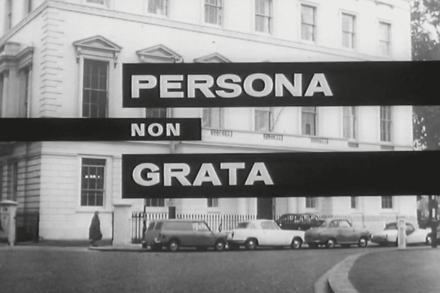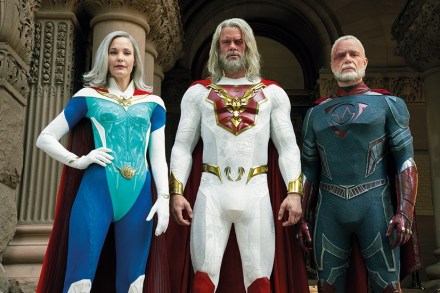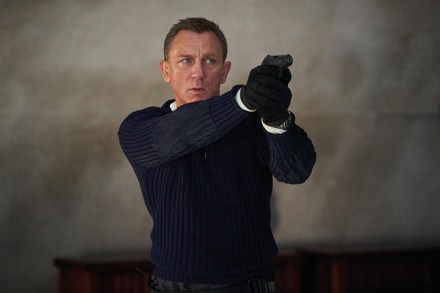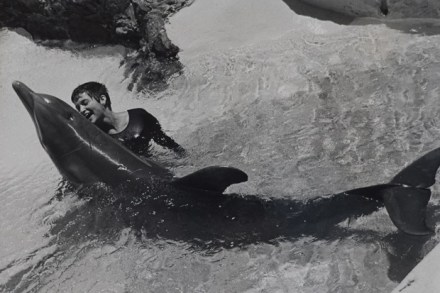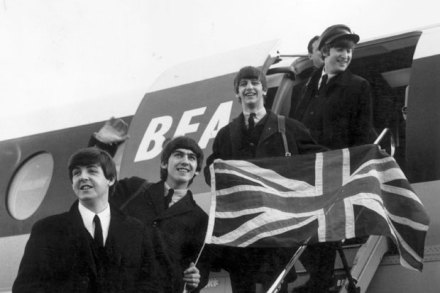The secret spy films made by MI6
Those attending the premiere of No Time to Die this week would perhaps be surprised to learn that the Bond films were once considered to be a national security threat. In the 1960s, with the image of Cold War espionage increasingly becoming shaped by films like Dr No, and TV series like Danger Man and The Avengers, MI6 feared that campy pulp fiction would drown out the real threat of Communist subversion. ‘The biggest single risk to security at the present time,’ one Whitehall report argued, ‘is probably a general lack of conviction that any substantial threat exists.’ ‘The master spy’, the intelligence services complained, ‘seems as much a part
